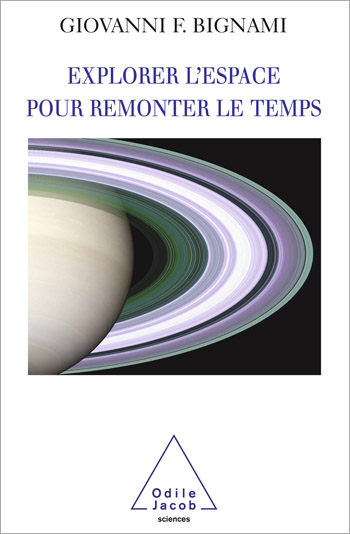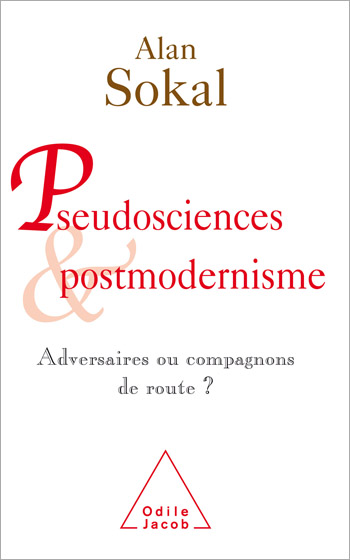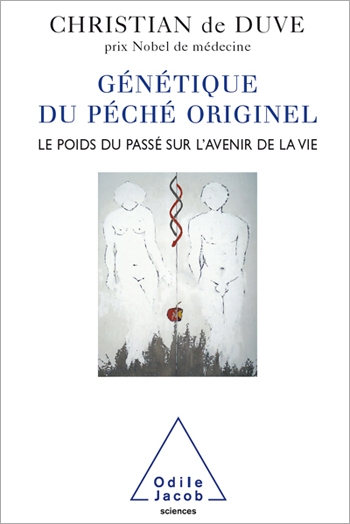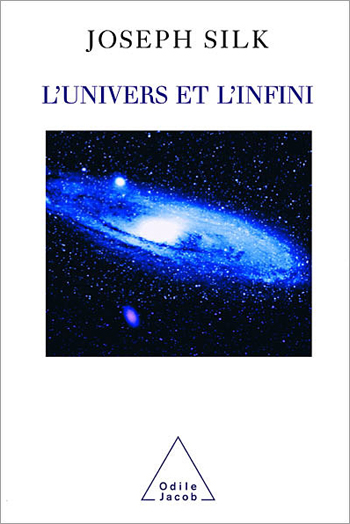Science All books
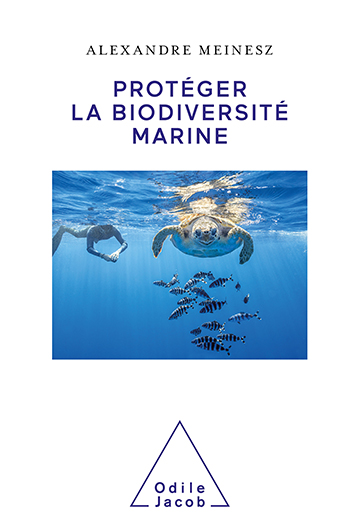
Alexandre Meinesz
Protecting Marine Biodiversity
A new approach to the threat of pollution in the Mediterranean by an expert in Mediterranean marine life.
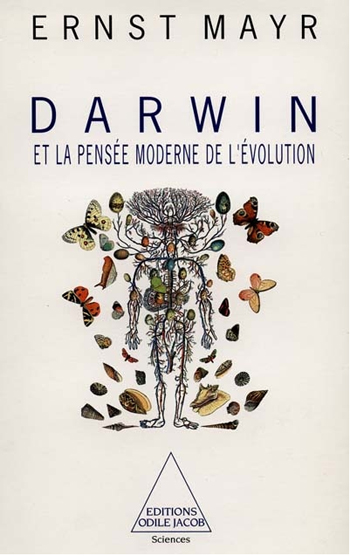
Ernst Mayr
One Long Argument: Charles Darwin and the Genesis of Modern Evolutionary Thought (Questions of Science)
Without Darwin, our knowledge of the living would not be what it is today. But who was really the author of The Origin of Species? Why did these hypotheses lead to one of the most important scientific revolutions of our time? To what questions was Darwin unable to find an answer? Ernst Mayr is a professor emeritus at Harvard University.

Serge Bahuchet
Nature’s Gardeners What kind of nature do we want?
A new view of the ties between man and nature. Covers a wide array of subjects, full of interesting details - a real pleasure to read
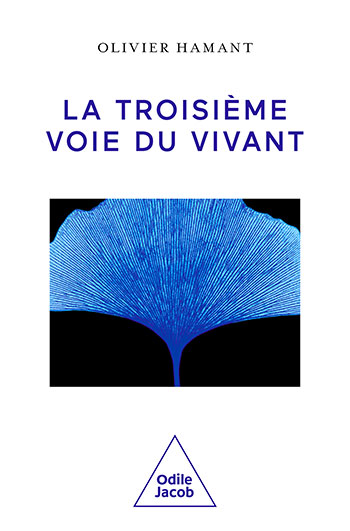
Olivier Hamant
The Third Path of the Living
To confront the ongoing climate of environmental and civilizational catastrophe, the life sciences offer us an alternative to the cult of performance that has been elevated to a dogma. A counter-model inspired by biology...
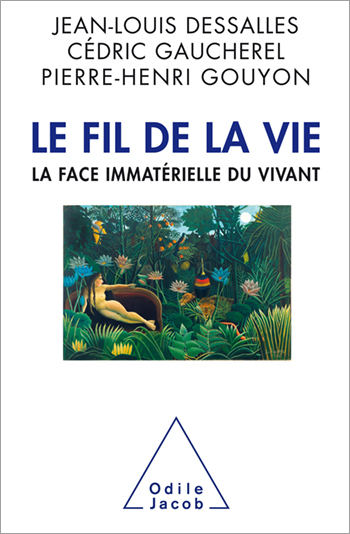
Jean-Louis Dessalles, Cédric Gaucherel, Pierre-Henri Gouyon
The Thread of Life The Immaterial Side of Existence
A true revolution in the understanding of life, the thesis put forward here is based on the scientific concept of information, the operation of detection and reading carried out by every living being.
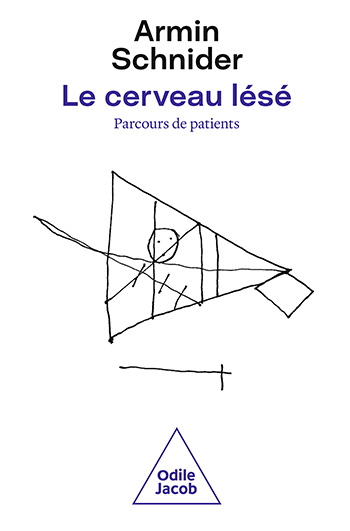
Armin Schnider
The Injured Brain How to Help Recovery
A book that shows that brain recovery is possible, regardless of age.
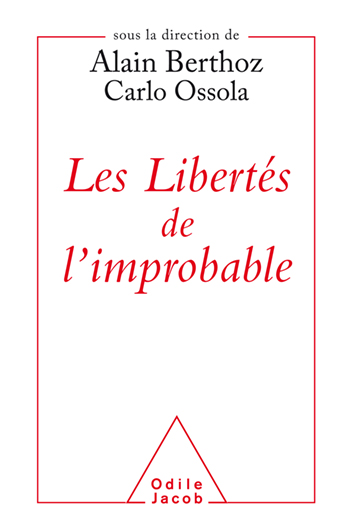
Alain Berthoz, Carlo Ossola
The Freedoms of the Improbable
A dozen high-level international researchers for a multidisciplinary approach to the improbable, a powerful factor of creativity in between the possible and the impossible.
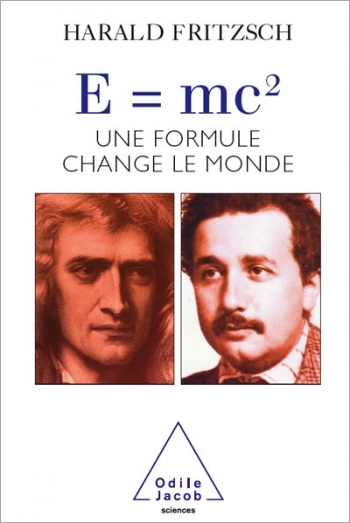
Harald Fritzsch
E=mc2 A Formula which Changes the World
An imagined account of a meeting between Einstein and Newton, described as a dream. It provides the occasion for a fascinating discussion between two scientific geniuses and a most effective way to be introduced to the mysteries of physics by those who have themselves revolutionised the field. Professor of physics at the University of Munich, Harald Fritzsch is also an associate professor at the CERN of Geneva, and at the California Institute of Technology of Pasadena, in California.
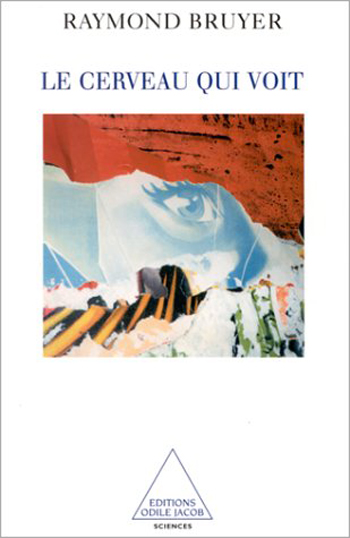
Raymond Bruyer
The Brain that "Sees"
Based on numerous examples, this book describes and explains the phenomenon of perceptive recognition: how with minimal information the human brain can identify not only general forms (a man, a woman, a cat, a dog, a house, and so forth), but also specific individuals who might seem scarcely distinguishable from one another, unless a large amount of information is provided. This study of the brain that sees is also an exploration of the perceived world. Raymond Bruyer teaches experimental psychology at the University of Louvain La Neuve, Belgium.
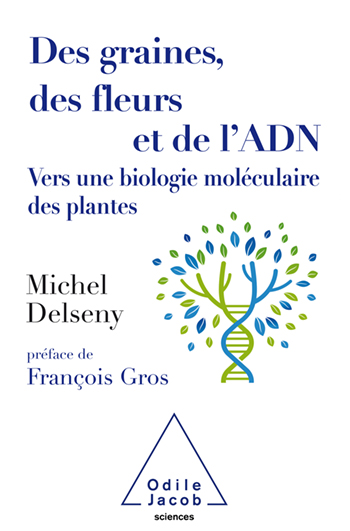
Michel Delseny
The Biology of Plants The genome of thale cress
A detailed account of a fascinating scientific adventure. Important food for thought: the genome of a plant is as complex as our own.
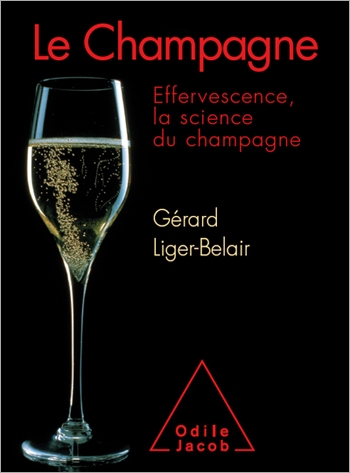
Gérard Liger-Belair
The Science of Champagne
In this fascinating book, Gérard Liger-Belair delves into the inner workings of champagne and pierces its mysteries...

Barbara Demeneix
Toxic Cocktails How Endocrine Disrupters Are Poisoning Our Brains
Written for the general reader, the book is startling as it reveals the scandalous damage to our brains being caused by chemical pollution. Concrete measures, scientifically proven, to put an end to the tragic mistakes that have been committed in Western countries for over fifty years.

